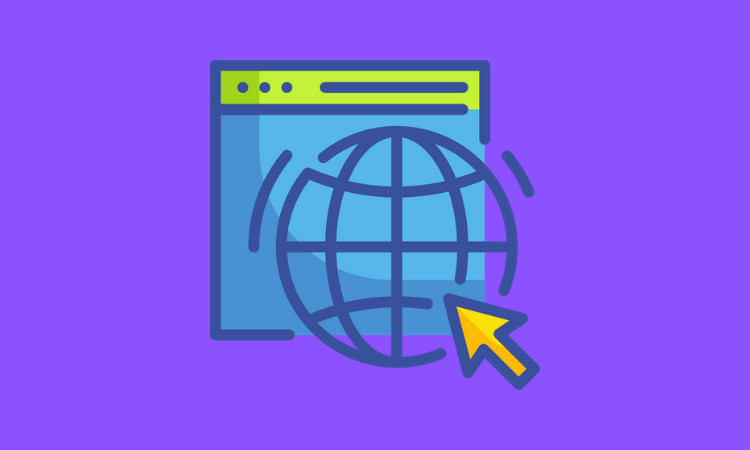Payments, Podcasts
Behind Rapyd’s global ambitions and recent move into Brazil with Eric Rosenthal
- Rapyd's Eric Rosenthal made the jump into fintech after working for incumbent financial institutions.
- He's worked all over the world and is helping the payments infrastructure company expand throughout the Americas.








